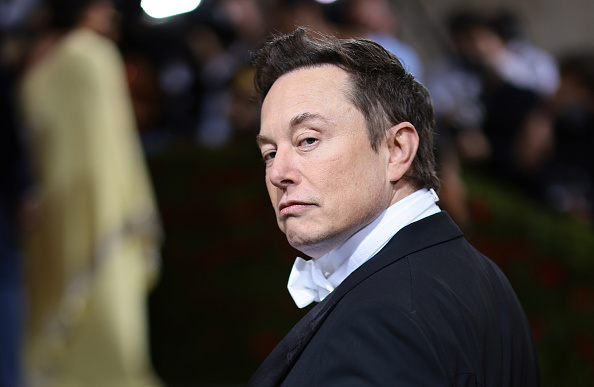July 7, 2025
The Perennial Promise: Can We Really Cut the Fat from Government Spending?

Politicians across the spectrum have long championed the crusade against "waste, fraud, and abuse" in government spending as a panacea for fiscal efficiency. The allure is obvious: who wouldn't support the idea of free money generated simply by tightening the bureaucratic belt? This concept frequently serves as a convenient offset in proposals for costly new initiatives, intended to render them budget-neutral. But how effective is this strategy in reality?
Historically, from Ronald Reagan to Donald Trump, the narrative of slashing needless expenditures while boosting areas like defense or cutting taxes has been a popular stance. Reagan’s promise to balance the budget through such measures, despite simultaneous tax cuts and increased military spending, is a classic example. Bill Clinton and Barack Obama also embarked on similar campaigns, with Clinton managing occasional budget surpluses and Obama targeting a significant reduction in improper payments.
The latest chapter in this ongoing saga was written by Donald Trump and his unexpected sidekick, Elon Musk, who boldly claimed they could save up to $2 trillion by eliminating inefficiencies. However, the broad strokes of what constitutes "waste, fraud, and abuse" often blur into areas of legitimate disagreement over policy priorities. For instance, cutting NASA's budget might seem like "waste" to those opposed to space exploration, but it represents a lawful and deliberate allocation of funds by Congress.
The real challenge lies in distinguishing genuine waste — like the notorious $400 hammers and $10,000 toilet seat covers — from expenditures that simply reflect different policy views. Furthermore, once Congress authorizes spending, neither the President nor private citizens like Musk have the legal authority to withhold these funds, despite their personal convictions about their utility.
Moreover, the process of identifying and eliminating actual waste is fraught with complications. Many of the cuts made by Trump and Musk did not target waste per se but rather programs they personally deemed unworthy. This subjective approach complicates the assessment of their true impact on federal spending.
In addition to the direct costs, the aftermath of such sweeping cuts often involves reinstating positions and navigating legal challenges, which can diminish or negate the supposed savings. Without a rigorous and transparent audit, like the one Musk's operations lacked, it's unclear what, if any, savings were actually realized.
Trump's recent statements and legislative actions suggest a continuation of this theme, asserting massive cuts that supposedly won’t affect the public. Yet, given the historical context and practical challenges, these claims should perhaps be taken with skepticism.
As the government continues to wrestle with the complex interplay of efficiency, policy, and public service, the dream of cleanly excising waste without undermining essential functions remains just that — a dream. With each bold claim of fiscal salvation, taxpayers would do well to scrutinize the fine print and remember that when it comes to government spending, simplicity is seldom a virtue.